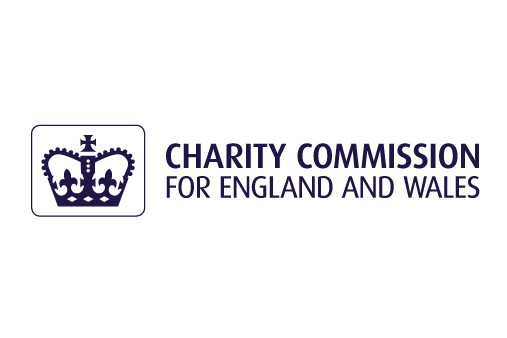A significant burden could be placed on the Charity Commission if all charitable community benefit societies cease to be exempt charities, lawyers have warned.
The Charity Law Association, a membership body representing more than 1,100 charity lawyers and accountants, convened a working party to respond to the Law Commission’s consultation on reforming co-operatives and community benefit societies.
The consultation, which ended on 10 December, has provisionally proposed that charitable community benefit societies should cease to be exempt charities so that they will be required to register with the Charity Commission.
According to the Charity Commission, there are almost 1,500 societies registered under the Co-operative and Community Benefit Societies Act 2014 which are charitable.
Of these, almost 700 are regulated by the Regulator of Social Housing.
The working party said it generally supported the proposal for charitable community benefit societies to register with the Charity Commission, because this could provide “enhanced transparency and regulation which feel proportionate to the tax benefits conferred”.
But it warned a blanket change could place a “significant burden” on the regulator.
“We caution against imposing Charity Commission registration on societies which are registered providers of social housing as this would lead to additional regulatory burdens,” the working party said.
“As exempt charities, charitable community benefit societies currently benefit from some charity law exemptions, such as land disposal regulations, which would be affected by a new registration requirement.
“Housing associations may undertake transfer of large property portfolios which, if regulated by the Charity Commission, may require Charity Commission consent.
“This would be a significant burden on the Charity Commission, which is already under-resourced and overstretched.”
The working party recommended that the Regulator of Social Housing become the principal regulator for charitable community benefit societies registered with the RSH and the Charity Commission should become the principal regulator for all other charitable community benefit societies.
The consultation also asked whether the Charity Commission or Financial Conduct Authority should be the lead regulator for all charitable community benefit societies.
“We would consider the Charity Commission to be a more suitable option as lead regulator, as it has the existing resource and institutional knowledge to regulate charitable entities.
“We note that Scotland has a multi-regulator approach which could be a model to replicate, ensuring that oversight is proportionate to each society’s specific regulatory needs.”
Members of the working party serve in a personal capacity and its response to the Law Commission’s consultation is not intended to reflect the opinion of the Charity Law Association’s members as a whole.
A spokesperson for the Charity Commission said: “The Charity Commission is working effectively with the Law Commission as it considers reform of the legal structures which govern co-operatives and community benefit societies.
“As part of this we responded to the Law Commission’s consultation noting the potential implications that the proposals in the consultation may have for us as a regulator.
“We will continue to engage productively with the Law Commission as it undertakes this project.”
– This article was updated on 20 December 2024 to include a response from the Charity Commission
